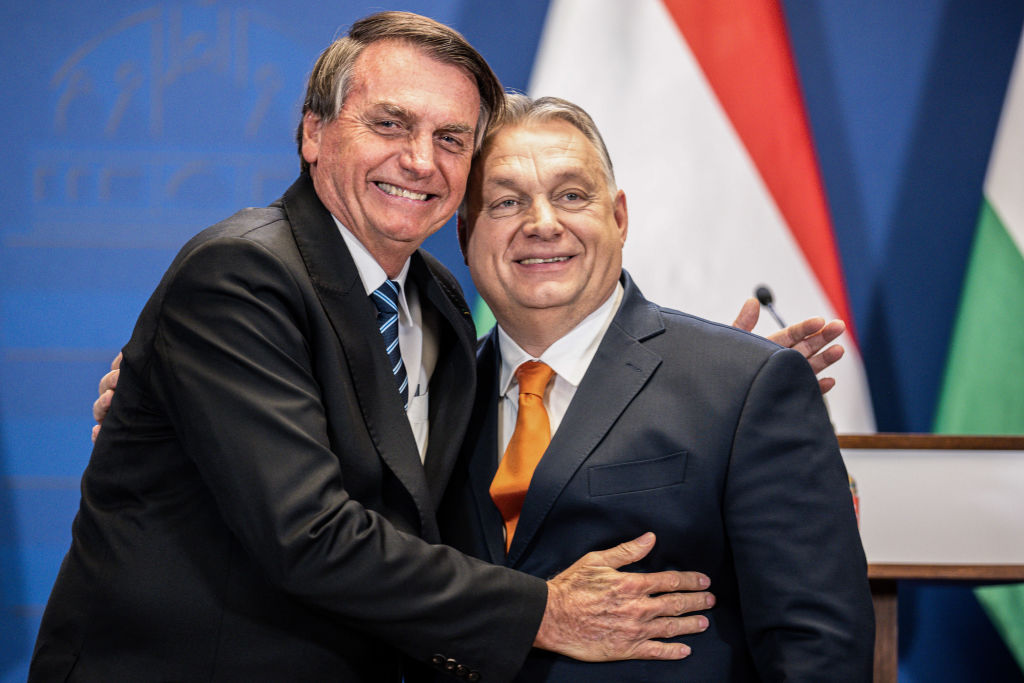BY OLIVER STUENKEL
MAY 10, 2022
Recent history shows that authoritarian-leaning leaders become much more aggressive after winning reelection.
https://americasquarterly.org/article/why-reelection-would-embolden-bolsonaro/
SÃO PAULO — Brazil’s President Jair Bolsonaro has been catching up in the polls with his main rival, Luiz Inácio Lula da Silva, ahead of the October presidential elections. He still trails, but the election is set to be competitive. Brazil’s democracy has largely withstood his authoritarian tendencies so far, but the recent experiences of other nations show that a second Bolsonaro term would likely do far more damage than the first.
Anti-establishment figures with authoritarian tendencies tend to be much more aggressive after reelection. Even Hugo Chávez didn’t truly undermine Venezuelan democracy—by intimidating and imprisoning judges and not renewing broadcast licenses for critical TV stations, for example—until after his reelection in 2006. Similarly, Nicaragua’s dramatic deterioration didn’t begin in earnest until after Daniel Ortega’s reelection in 2011. Ortega used his second mandate to co-opt the judiciary and electoral authorities, laying the groundwork for the sham elections of 2021.
Four factors indicate that Bolsonaro, too, would use a second term to more systematically undermine democratic institutions and norms.
First, even if he wins reelection by a small margin, he would have a stronger mandate for change than during his first term. In 2018, many of his voters believed people like…
Read full article here









